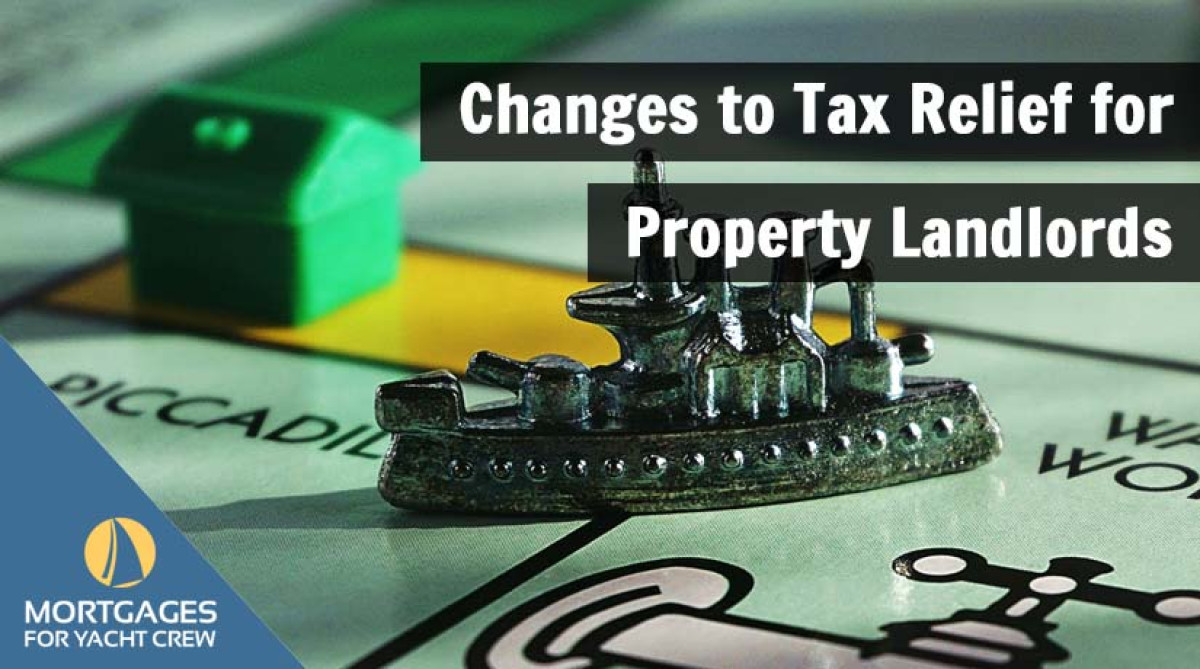Changes to Tax Relief for Property Landlords
- Authors
-
-

Originally announced in the 2015 budget, tax relief which landlords receive on finance costs i.e mortgage interest payments, loans, and overdrafts used to finance property or furnishings* etc, on property which they rent out will be restricted to the basic rate of tax, currently at 20%.
This has been phased in since the tax year 2017/18, when 75% of the mortgage could be claimed against profit to the year 18/19 when only 25% could be claimed.
From the coming tax year of 2019/20, it moves to 0% and an introduction of the basic rate tax rule will be applied.
Should You Avoid Property Investment Due To Increased Tax?

We have seen an increase in our clients asking this question and the answer is that it will affect some landlords but not all.
The new basic rate of tax relief applied to the finance costs will leave those who pay no tax or basic rate tax in the same position as they would have been prior to the change in 2017/18.
Those who pay higher rate tax, or who will be moved into the higher rate tax bracket as a result of the additional profit will pay more tax.
In addition, if higher rate tax payers are pushed above the £50,000 income band, then there will be further impact in a reduction on child benefit payments.
What About Expenses?
Incurred expenses continue to be included to offset any potential profit.
So it is important that you familiarise yourself with what can or cannot be included, so as you are not caught out when it comes to calculating the profit at the end of each tax year.
Expenses can be included where they are wholly and exclusively incurred as part of the rental business.
This can include:
- Standard maintenance and repairs
- Cleaning products solely bought to clean the property
- Fees such as water, rates, accountancy, management, insurance, costs of services such as gardeners or window cleaners
- Direct costs such as phone calls, stationery etc
- Mileage costs in managing the property
What Can't I Include?
You can’t include things such as private phone calls, clothing, and additions or upgrades to the property.
If you decide to build an extension or put a more expensive kitchen in for example, this cannot be claimed.**
You won’t be affected at all if you are a UK resident company, non-UK resident companies, or the landlord or furnished holiday lets.
For seafarers who declare their income under HMRC's SED (Seafarers Earnings Deduction), they can use their full personal allowance towards this and any other income they may earn from rental property.
Therefore, in a majority of cases they will fall into the category of those unaffected by the potential increase tax liability.
Speak to Us!
If you have any questions regarding this and are interested in investing in property, please contact us today to arrange an initial consultation.
*For further information on what counts as finance costs please visit the Government website.
**For further details please refer to allowable expenses for a landlord on the Government website.